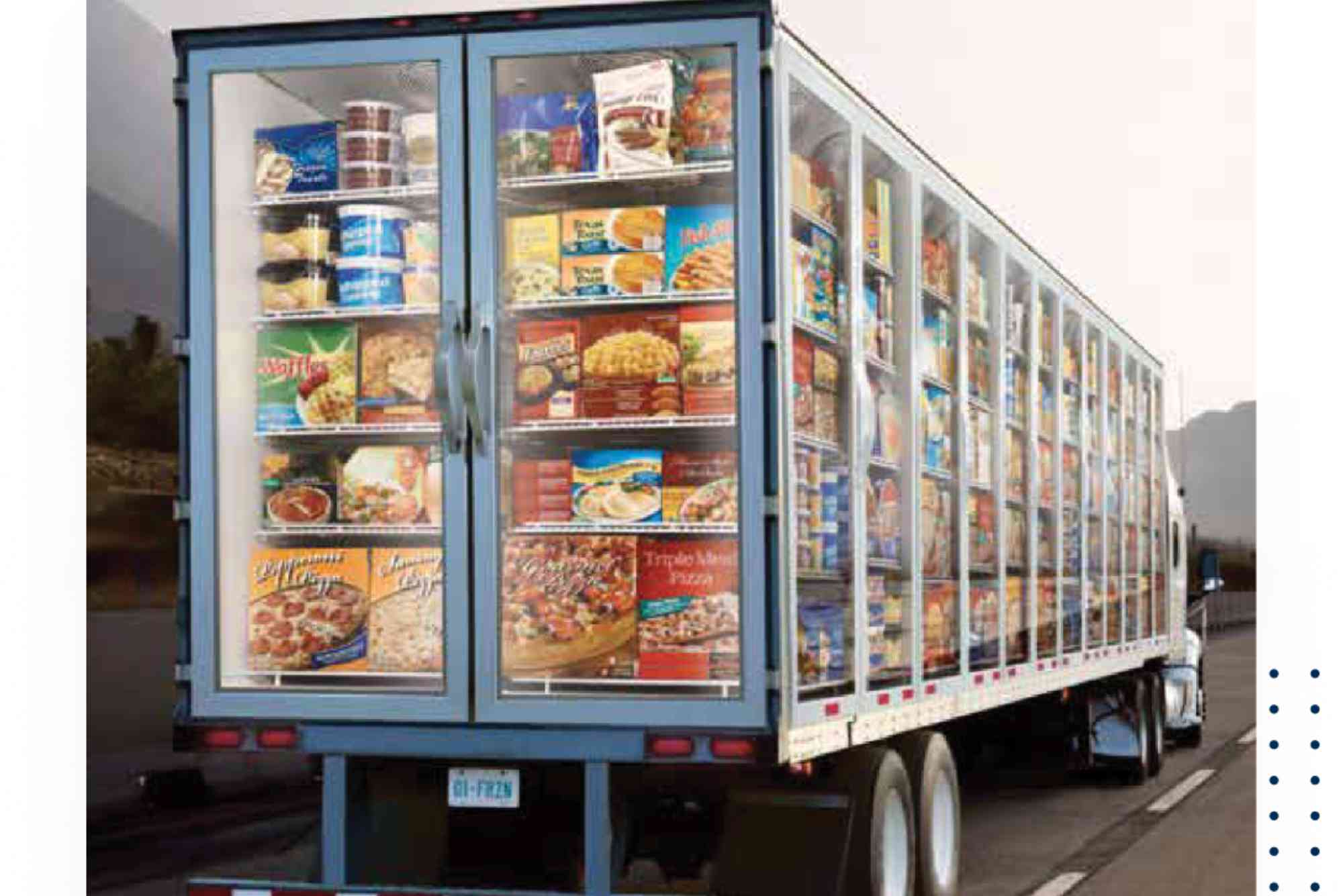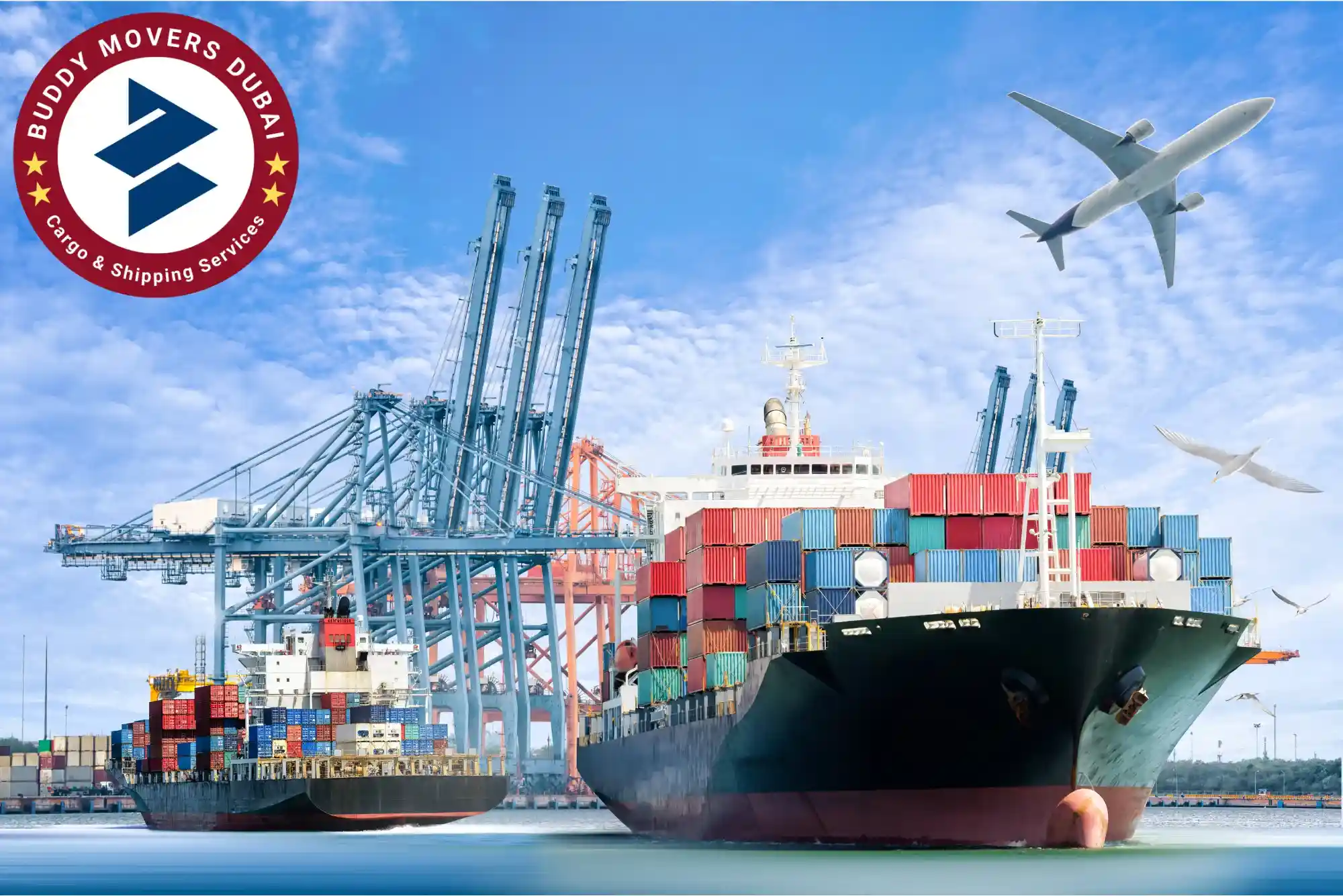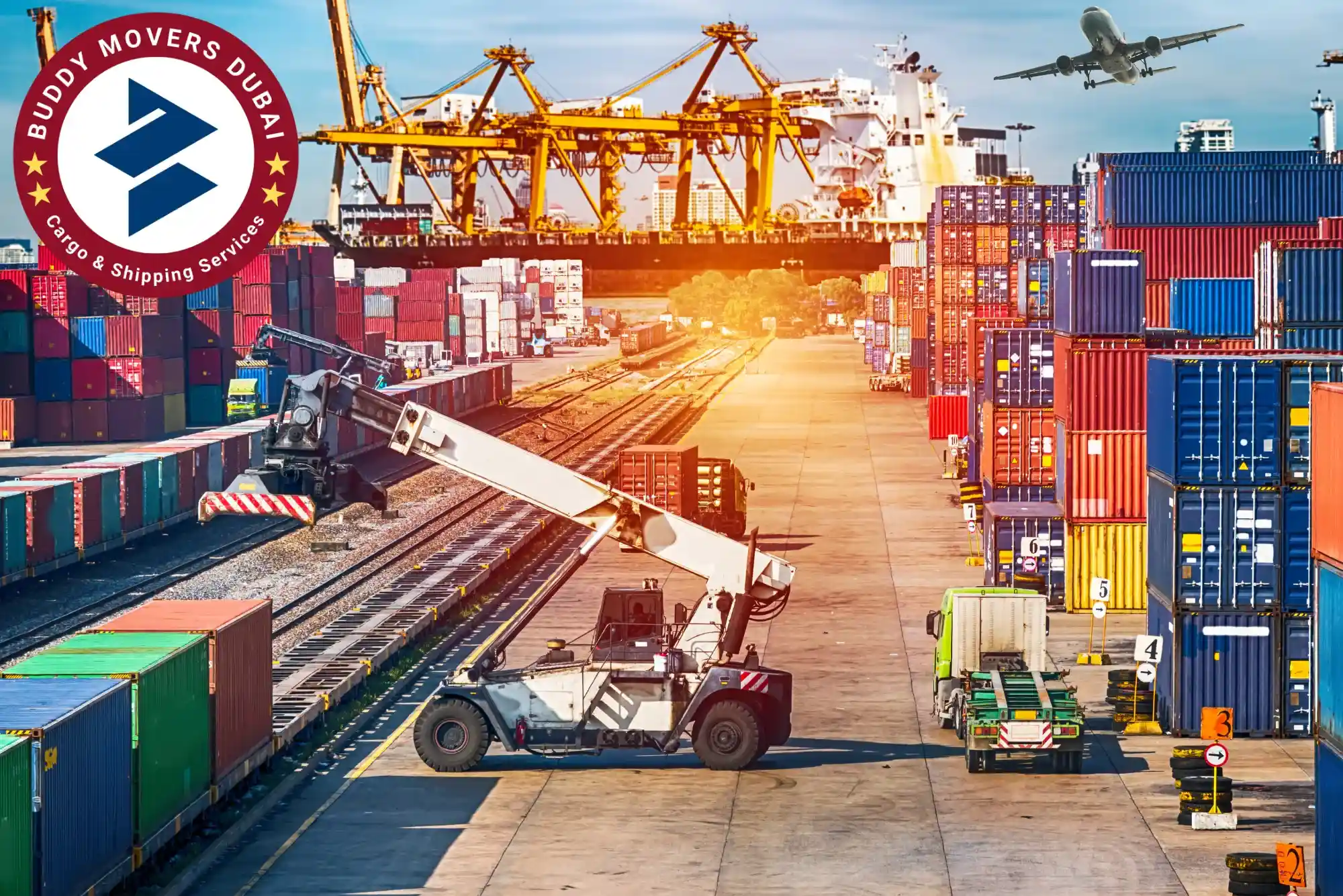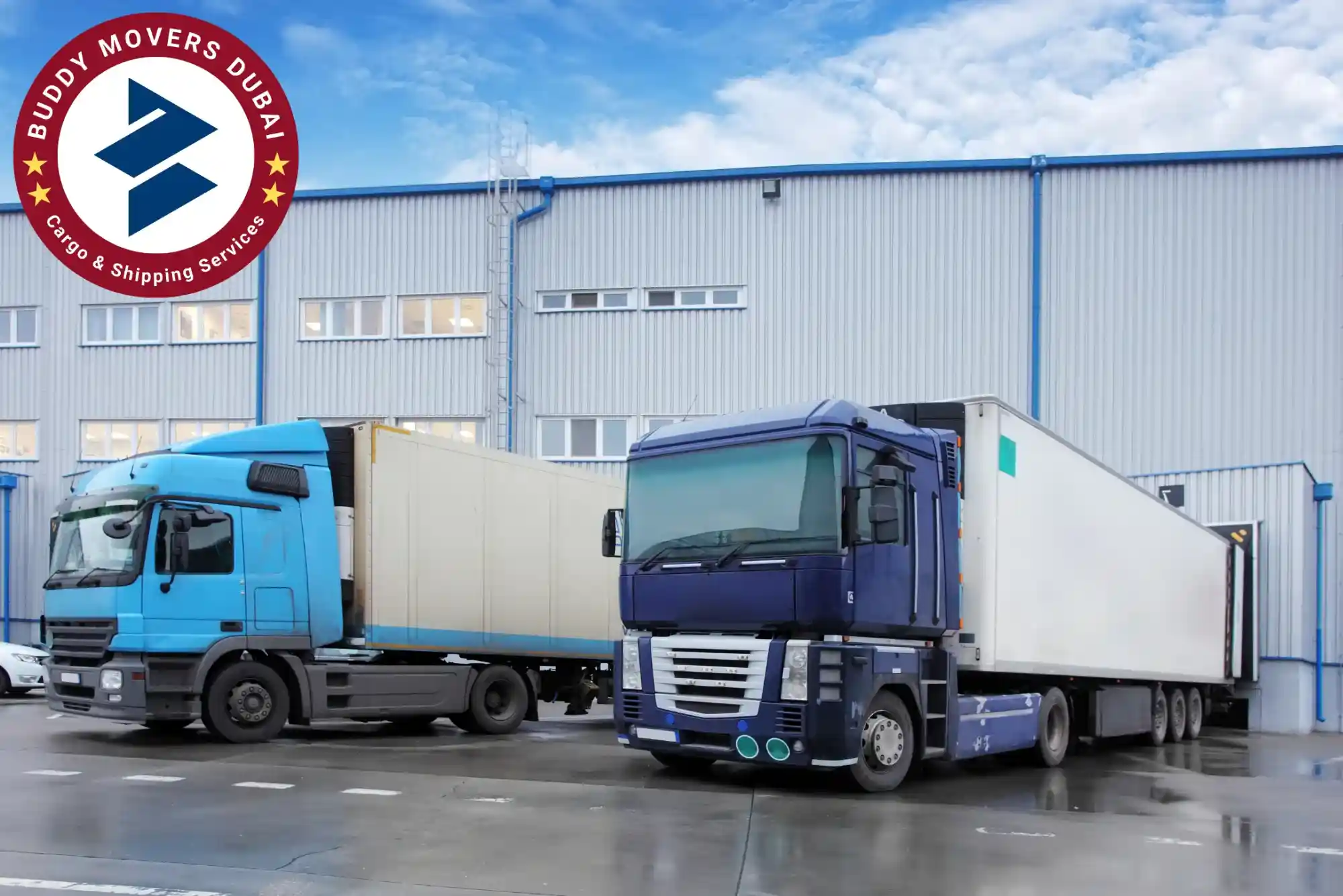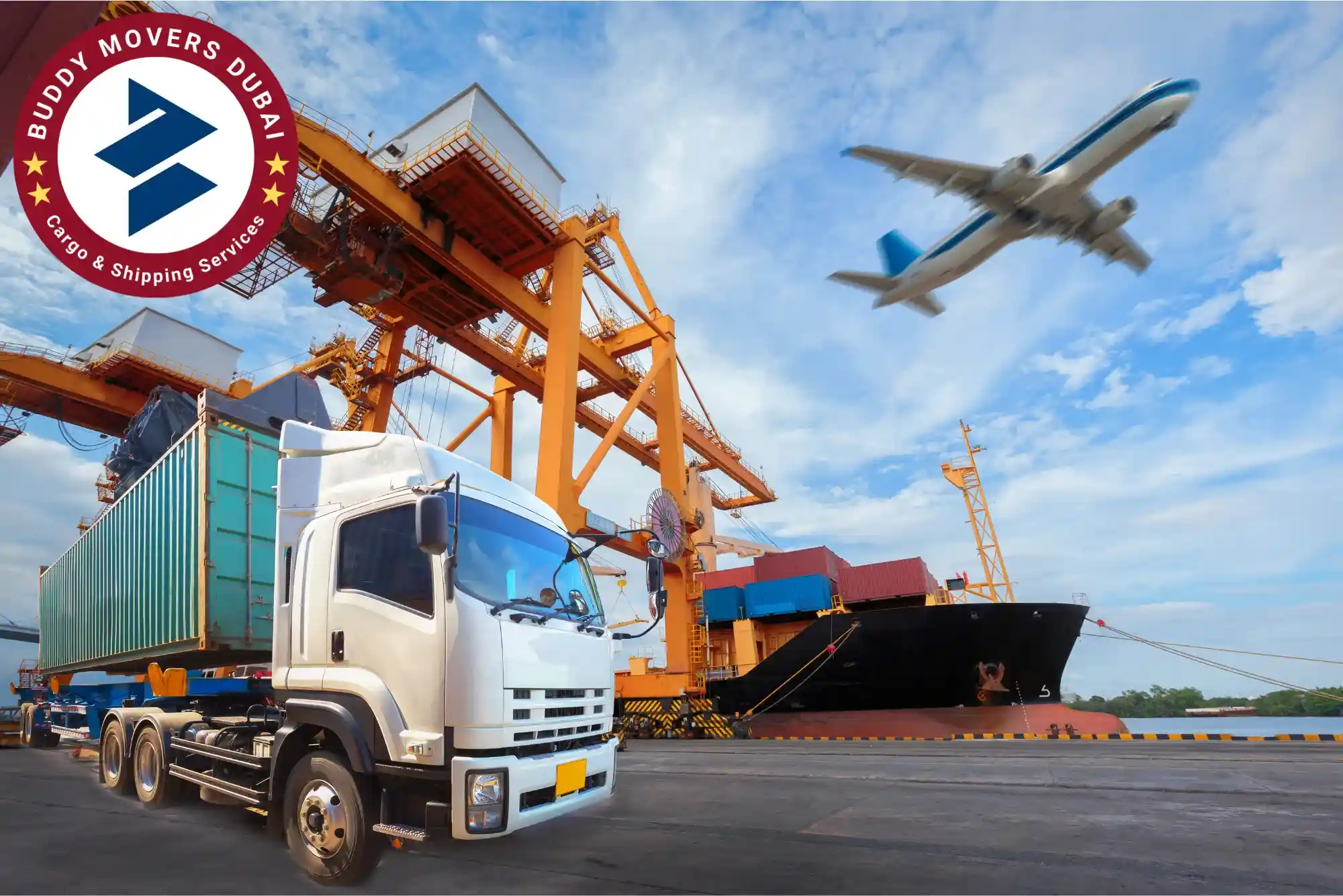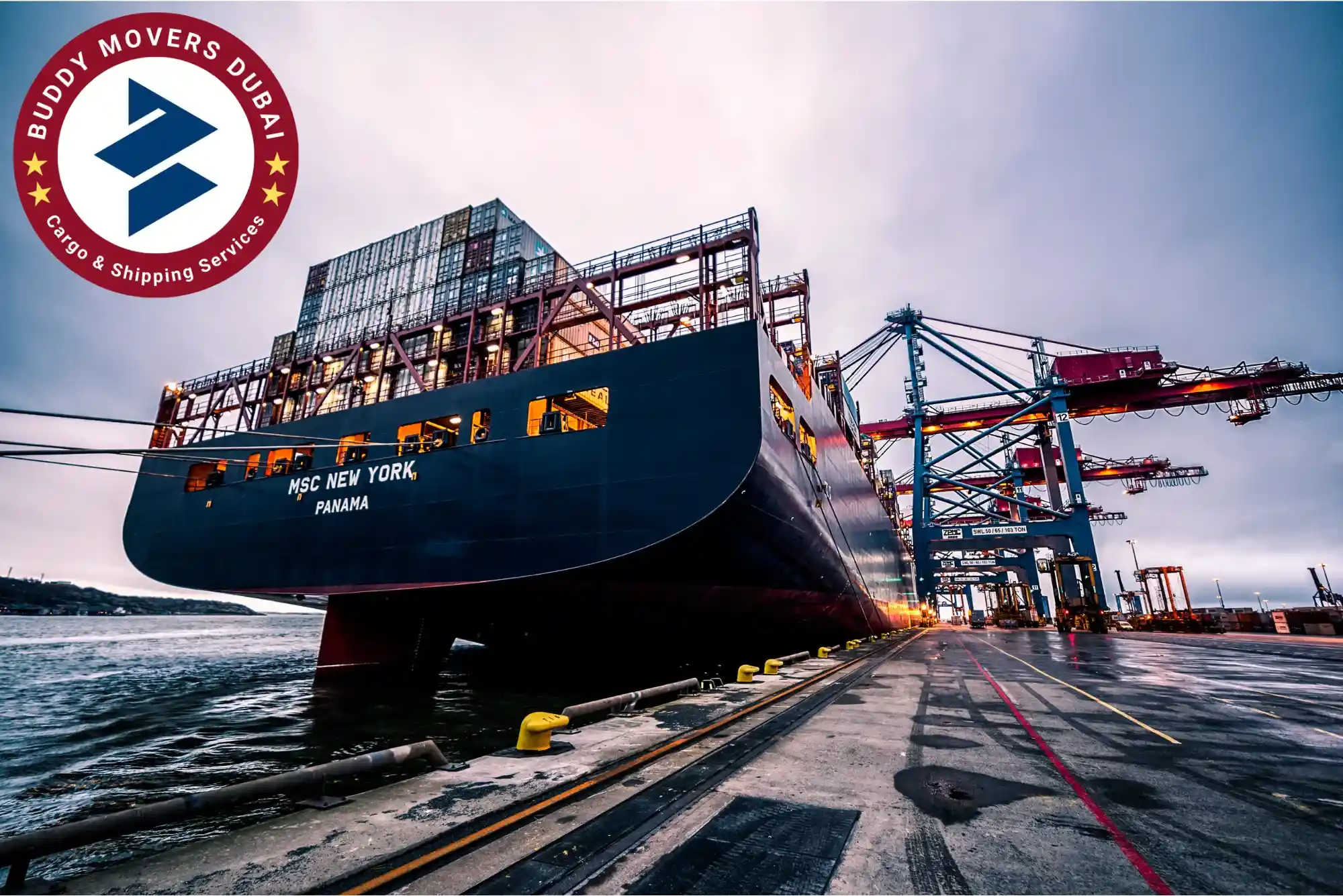Introduction
In today’s fast-paced global economy, the logistics industry faces increasing demands for efficiency, transparency, and reliability. Real-time tracking has emerged as a pivotal solution, offering numerous benefits that streamline operations and enhance customer satisfaction. By providing up-to-the-minute information on the location and status of shipments, real-time tracking enables companies to optimize routes, reduce delays, and maintain a competitive edge in the market.
Enhancing Operational Efficiency
Real-time tracking systems empower logistics providers to monitor their fleet’s exact locations, allowing for dynamic route adjustments in response to traffic conditions or unforeseen obstacles. This agility leads to significant reductions in fuel consumption and transit times. Moreover, continuous monitoring facilitates proactive maintenance scheduling, minimizing vehicle downtime and extending fleet longevity. The integration of predictive analytics further refines these capabilities, enabling companies to anticipate potential delays and implement preemptive measures.
Ensuring Security and Transparency
Security is a paramount concern in logistics, especially when transporting high-value or sensitive goods. Real-time tracking provides an added layer of security by offering continuous visibility into shipment locations. In the event of unauthorized access or route deviations, immediate alerts are generated, allowing for swift intervention. Logistics Services in Dubai This transparency not only deters theft but also fosters accountability among all parties involved in the supply chain. Comprehensive records of a shipment’s journey can be invaluable for compliance purposes and dispute resolution.
Elevating Customer Satisfaction
Today’s consumers expect timely deliveries and real-time updates on their shipments. Real-time tracking meets these expectations by providing customers with accurate, up-to-date information, thereby enhancing their overall experience. This transparency builds trust and encourages repeat business. Additionally, the ability to monitor shipments in real-time allows companies to proactively address potential delays, communicate effectively with customers, and uphold service commitments.
![]()
Implementing Real-Time Tracking: A Step-by-Step Guide
Adopting real-time tracking in logistics involves several key steps:
- Assess Your Needs: Determine the specific requirements of your operations, including the types of goods transported, delivery routes, and customer expectations.
- Choose the Right Technology: Select a tracking system that aligns with your operational needs, considering factors such as scalability, integration capabilities, and user-friendliness.
- Integrate with Existing Systems: Ensure that the new tracking technology seamlessly integrates with your current logistics management systems to facilitate data sharing and streamline operations.
- Train Your Team: Provide comprehensive training to your staff on how to use the new system effectively, emphasizing the importance of real-time data in decision-making.
- Monitor and Optimize: Continuously monitor the system’s performance and gather feedback to identify areas for improvement, ensuring that the tracking solution evolves with your business needs.
Real-Time Tracking in Dubai’s Logistics Landscape
In a bustling hub like Dubai, where commerce and trade are ever-expanding, the implementation of real-time tracking is particularly advantageous. Companies such as Buddy Movers Cargo and Shipping have recognized the importance of integrating advanced tracking systems to enhance their logistics services. By offering real-time visibility, they ensure that clients remain informed about their shipments’ statuses, thereby building trust and reliability.
The integration of real-time tracking into modern logistics services is no longer a luxury but a necessity. It enhances operational efficiency, ensures security, and elevates customer satisfaction. As the logistics industry continues to evolve, embracing real-time tracking will be crucial for companies aiming to stay competitive and meet the growing demands of the global market.
FAQs
What is real-time tracking in logistics?
Real-time tracking in logistics refers to the continuous monitoring of shipments, vehicles, or assets using technology to provide up-to-date information on their location and status throughout the supply chain.
How does real-time tracking improve customer satisfaction?
By providing customers with accurate and timely updates on their shipments, real-time tracking enhances transparency and trust, leading to improved customer satisfaction and loyalty.
What technologies are used in real-time tracking systems?
Real-time tracking systems commonly utilize GPS, RFID, IoT devices, and advanced software platforms to collect and transmit data regarding the location and status of shipments.
Is real-time tracking beneficial for small logistics companies?
Yes, real-time tracking offers benefits to logistics companies of all sizes by improving operational efficiency, security, and customer satisfaction, which can lead to increased competitiveness in the market.
What are the challenges of implementing real-time tracking?
Challenges may include the initial cost of technology adoption, integration with existing systems, ensuring data accuracy, and training staff to effectively use the new systems.
For businesses seeking reliable Logistics Services in Dubai, partnering with experienced providers like Buddy Movers Cargo and Shipping can ensure the seamless integration of real-time tracking into their operations.
For more information or to visit their location, you can find Buddy Movers’ Location here.


